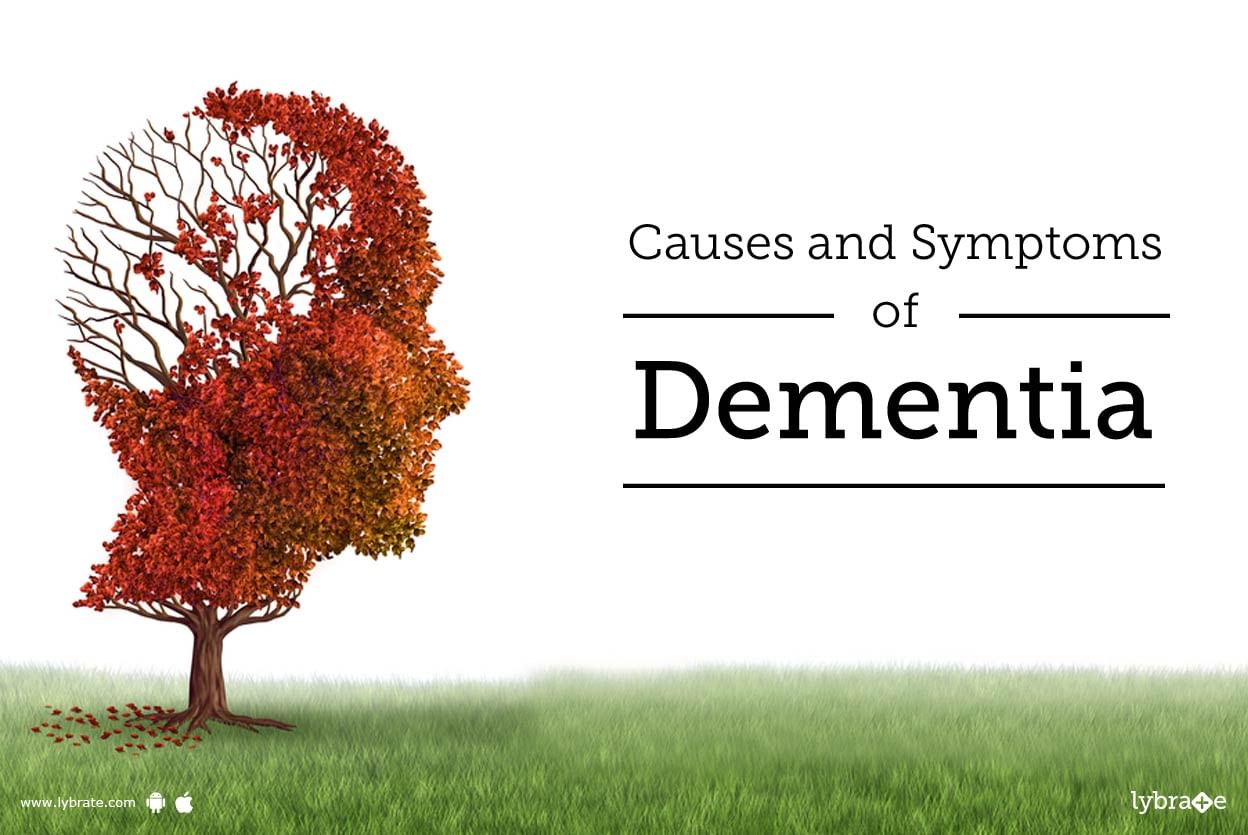Get the App
For Doctors
Login/Sign-up
About
Health Feed
Find Doctors
Health Packages
AllQ&AsTipsQuizzes
Amyotrophic Lateral Sclerosis Als Tips
Last Updated: 7 years ago• Featured Tip
Share
Bookmark
Report
What is Multiple Sclerosis?
Multiple sclerosis is a neurological condition and is caused by damage to myelin, which protects the nerve fibres of the central nervous system.
Symptoms
Fatigue
Depression
Cognitive problems
Loss of sight and mobility
Double vision
Blindness in one eye
Muscle weakness
Trouble with sensation
Trouble with coordination
How Can Physiotherapy Help You?
Physiotherapy can help in cases of multiple sclerosis by pr...more
Multiple sclerosis is a neurological condition and is caused by damage to myelin, which protects the nerve fibres of the central nervous system.
Symptoms
Fatigue
Depression
Cognitive problems
Loss of sight and mobility
Double vision
Blindness in one eye
Muscle weakness
Trouble with sensation
Trouble with coordination
How Can Physiotherapy Help You?
Physiotherapy can help in cases of multiple sclerosis by pr...more
Last Updated: 6 years ago• Featured Tip
Share
Bookmark
Report
Multiple sclerosis or MS is an autoimmune disease where the protective cover around the nerves is lost. This affects the communication between the brain and the rest of the body. Symptoms commonly experienced by patients suffering from this condition include partial or complete loss of vision, weakness or numbness in one or more limbs, double vision, tremors, slurred speech, tiredness and lack of energy, and issues with bladder and bowel movements. In the early stages of this disease, these symp...more
Last Updated: 6 years ago• Featured Tip
Share
Bookmark
Report
Dementia cannot be singularly regarded as a specific disease, but rather indicates a group of symptoms associated with your memory, cognitive thinking, and social abilities, up to the point where daily functioning gets affected. In most cases, dementia steadily worsens over time (progressive dementias).
Dementia is not to be confused with memory loss alone; because it is natural with old people to experience memory loss, but that does not necessarily mean they have dementia. If the rea...more
Dementia is not to be confused with memory loss alone; because it is natural with old people to experience memory loss, but that does not necessarily mean they have dementia. If the rea...more
Last Updated: 6 years ago• Featured Tip
Share
Bookmark
Report
Dementia cannot be singularly regarded as a specific disease, but rather indicates a group of symptoms associated with your memory, cognitive thinking and social abilities, up to the point where daily functioning gets affected. In most cases, Dementia steadily worsens over time (progressive dementias). Dementia is not to be confused with memory loss alone; because it is natural with old people to experience memory loss, but that does not necessarily mean they have Dementia. If the reason is Deme...more
Last Updated: 6 years ago• Featured Tip
Share
Bookmark
Report
Dementia cannot be singularly regarded as a specific disease, but rather indicates a group of symptoms associated with your memory, cognitive thinking and social abilities, up to the point where daily functioning gets affected. In most cases, Dementia steadily worsens over time (progressive dementias). Dementia is not to be confused with memory loss alone; because it is natural with old people to experience memory loss, but that does not necessarily mean they have Dementia. If the reason is Deme...more
Last Updated: 9 years ago• Featured Tip
Share
Bookmark
Report
Dementia cannot be singularly regarded as a specific disease, but rather indicates a group of symptoms associated with your memory, cognitive thinking, and social abilities, up to the point where daily functioning gets affected. In most cases, dementia steadily worsens over time (progressive dementias). Dementia is not to be confused with memory loss alone; because it is natural with old people to experience memory loss, but that does not necessarily mean they have dementia. If the reason is dem...more
Last Updated: 5 years ago• Featured Tip
Share
Bookmark
Report
Multiple sclerosis or MS is an autoimmune disease where the protective cover around the nerves is lost. This affects the communication between the brain and the rest of the body. Symptoms commonly experienced by patients suffering from this condition include partial or complete loss of vision, weakness or numbness in one or more limbs, double vision, tremors, slurred speech, tiredness and lack of energy, and issues with bladder and bowel movements. In the early stages of this disease, these symp...more
Last Updated: 6 years ago• Featured Tip
Share
Bookmark
Report
Multiple Sclerosis or MS is an ailment that is mainly caused due to the degeneration of nerves in the body. The central nervous system is the main area affected by multiple sclerosis and it has been diagnosed that it occurs more in women than men. The main areas that are affected include optic nerves, brain, and spinal cord. Multiple sclerosis in other words also means scar tissues in multiple areas. There are 4 types of multiple sclerosis which include clinically isolated syndrome, relapse remi...more
Last Updated: 5 years ago• Featured Tip
Share
Bookmark
Report
Multiple sclerosis refers to disabling disease of the central nervous system, where the body s immune system eats away the protective layer sheathing the nerve fibres and disrupts communication between the brain and the rest of your body.
Often, multiple sclerosis is associated with impaired cognitive functioning. Cognitive changes have direct functional consequences on your quality of life, ranging from occupational activities to professional career and personal life. In addition to i...more
Often, multiple sclerosis is associated with impaired cognitive functioning. Cognitive changes have direct functional consequences on your quality of life, ranging from occupational activities to professional career and personal life. In addition to i...more
Last Updated: 9 years ago• Featured Tip
Share
Bookmark
Report
Super fact of the day: Kidneys filter blood about 300 times a day!
All the blood in your body (about 5-6 liters) passes through the kidneys about 300 times. Which totals to about 1700 liters. It makes around 170 liters of primary urine - which later becomes urine.
Would you like to share this interesting fact with family or friends? Go ahead and click on share.
All the blood in your body (about 5-6 liters) passes through the kidneys about 300 times. Which totals to about 1700 liters. It makes around 170 liters of primary urine - which later becomes urine.
Would you like to share this interesting fact with family or friends? Go ahead and click on share.
Ask a free question
Get FREE multiple opinions from Doctors
posted anonymously





















